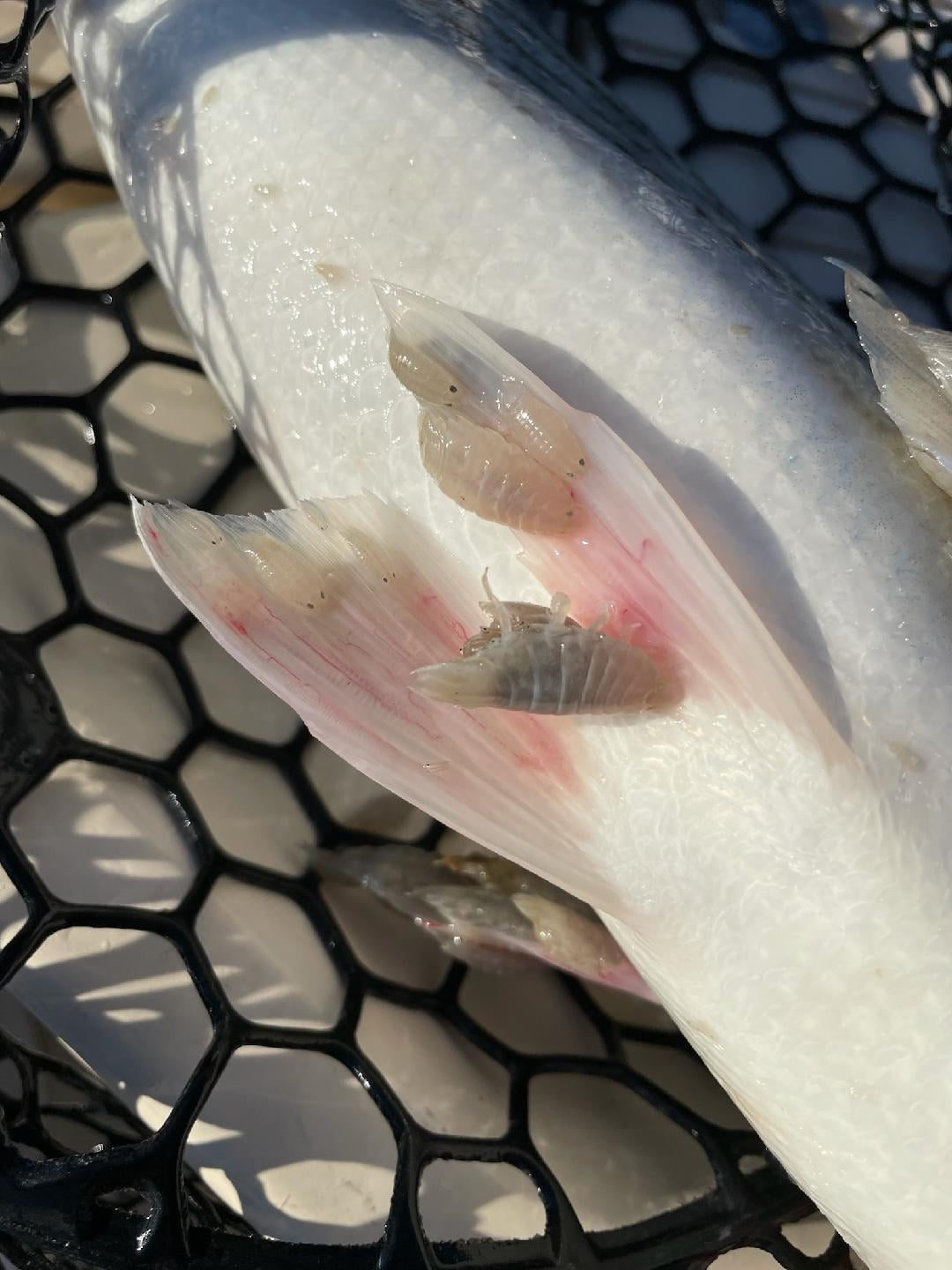Underwater boat noise off of the Atlantic coast of Maryland has gotten so loud, it could threaten dolphins’ ability to communicate.
That’s according to a new scientific paper authored by the same marine biologist who launched the popular Chesapeake Dolphin Watch app.
The University of Maryland Center for Environmental Science (UMCES)’s Dr. Helen Bailey and her assistant Leila Fouda laid underwater microphones on the bottom of the Atlantic Ocean, about 20 miles off the Maryland coast. That area of the western North Atlantic gets relatively high levels of vessel traffic, between shipping lanes and recreational boaters.
The researchers found that the level of underwater ambient noise was comparable to living near a busy road. And their recordings showed that bottlenose dolphins are changing the whistle calls they use to communicate to compensate for the noise.
Each individual dolphin identifies itself with a unique call. But the researchers say dolphins are having to simplify their calls just to be heard.
“It’s kind of like trying to answer a question in a noisy bar and after repeated attempts to be heard, you just give the shortest answer possible,” said Dr. Bailey.
That’s concerning because dolphins rely on social interaction to survive. The researchers explain, “They talk to each other to stay together as a group, they whistle when they feed, and they even call out their names when different groups of dolphins meet.” Adjusting their whistle calls could sacrifice effective communication.
Dr. Bailey shared two audio clips with Bay Bulletin from the underwater microphones they used in this study. In the first, you’ll hear the simplified dolphin calls amid loud boat noise. In the second, you’ll hear what dolphin calls typically sound like when ambient noise levels are low.
Bailey and her team analyzed the duration, start and end frequencies, presence of harmonics, and inflection points of the calls. With background noise, such as the low frequency chug-chugging of a ship’s engine, the dolphins’ usually complex whistle signatures flatlined.
“These whistles are really important,” Dr. Bailey said. “Nobody wants to live in a noisy neighborhood. If you have these chronic noise levels, what does this mean to the population?”
In light of the findings, Dr. Bailey is calling for stricter regulations on boat noise.
“We need to be working to engineer quieter boats,” said Bailey. “We need to ask, ‘Is there a way shipping can do it that is more environmentally friendly’.”
UMCES researchers point out that regulations and incentives could reduce the sound from vessels with speed limits or quieter engines. And that could lessen the impact on dolphins and other sound-sensitive species.
The UMCES study was funded by the Maryland Energy Administration’s Offshore Wind Development Fund and the Bureau of Ocean Energy Management, with the help of the Maryland Department of Natural Resources.
The paper by Dr. Bailey and Fouda, “Dolphins simplify their vocal calls in response to increased ambient noise,” was published in Biology Letters.
-Meg Walburn Viviano




